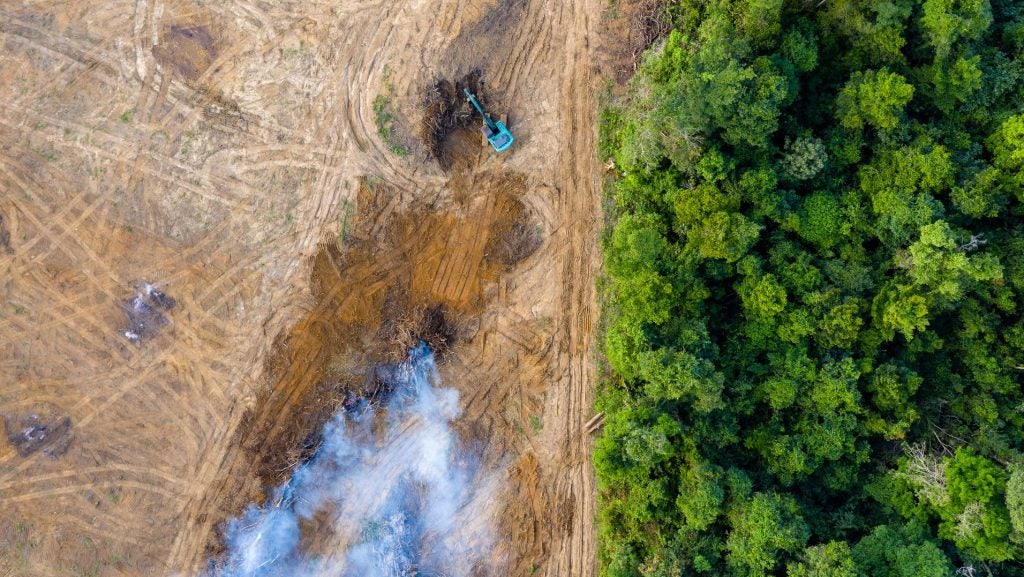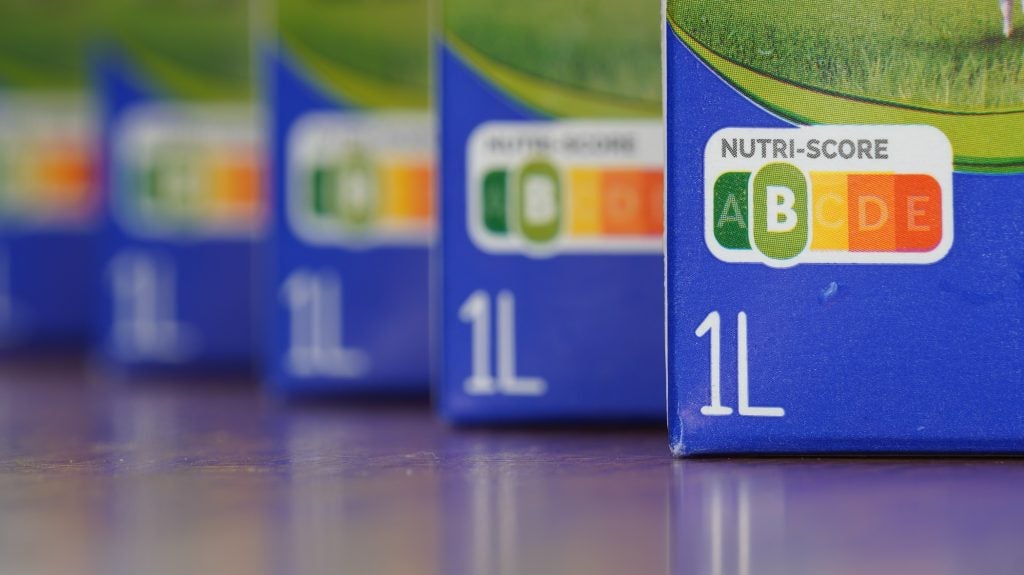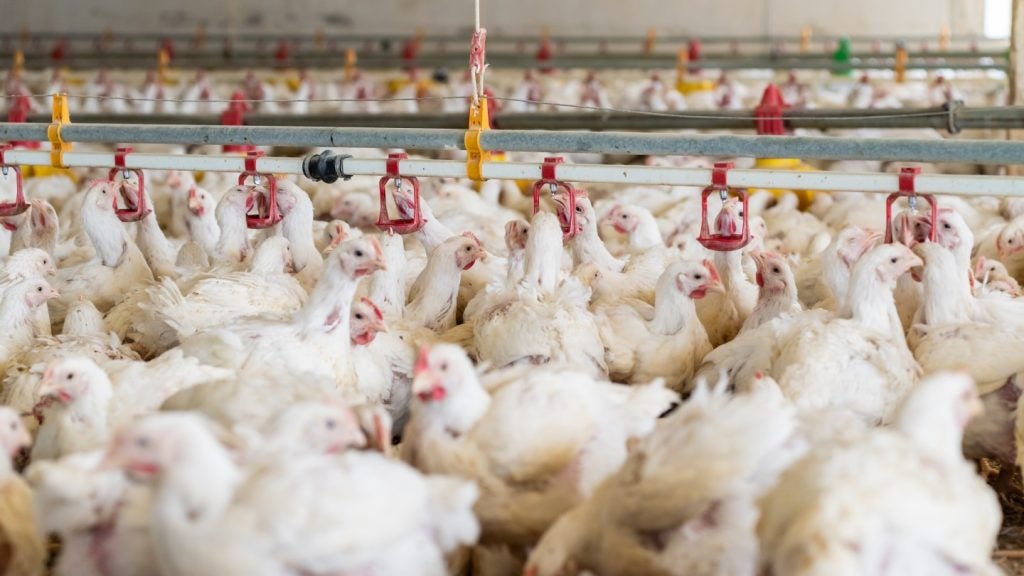Advocacy groups have criticised the European Parliament’s request to make changes to the EU Deforestation Regulation (EUDR).
MEPs voted yesterday (14 November) to back the Commission's proposal to postpone the application date of the EUDR by one year, a plan already endorsed by the Council of Ministers.
However, the European Parliament has voted for a proposal to add a “no risk” category to the regulation.
Multiple campaign groups have called out the move. Julia Christian, campaigner at environmental NGO Fern said the amendment “risks sabotaging the EUDR altogether”.
In a statement on LinkedIn, Rainforest Alliance said the no-risk category would be “a death sentence to the EUDR”.
Initially due to be enforced on 30 December, EUDR proposes to ban the export of products connected to deforestation, such as meat, cocoa beans, soya beans and palm oil.
As the law currently stands, countries would need to be classified under “low”, “standard” and “high” risk of deforestation impact.
Countries deemed “no risk”, would count as those “with stable or increasing forest area development”, a statement from Parliament said yesterday (14 November).
Boxed in this category, they “face significantly less stringent requirements as there is a negligible or non-existent risk of deforestation”.
“Companies could easily ‘launder’ non-compliant products, by making goods tainted by deforestation transit through a ‘no-risk’ country – which could include countries like China – before being imported to the EU”, Fern’s Christian said.
Christian added the amendment could also badly hit Europe’s forests, with EU member states likely to be granted “a free pass” despite being “threatened by widespread degradation”.
Rainforest Alliance described the European Parliament’s decision as a “discriminative approach” and “a huge risk just to please some European industry sectors”.
“By twisting the arm of EU institutions to get back into trilogues about a month and a half ahead of the start of the implementation of the EUDR, it also generates immense uncertainty for companies in scope," Rainforest Alliance said.
"This chaos only benefits laggards and ignores all the efforts put in place by companies in the past years to deliver on the EUDR objectives. It’s also creating diversion on the real objective we should all have in mind: tackling global deforestation and meeting our global sustainability objectives.”
The European Cocoa Association, a trade body for companies involved in the trading of the commodity, had asked the European Parliament to reject the tabled amendments in a bid to secure “legal and commercial certainty” for its members.
“To avoid severe supply chain and business disruptions, we now urge the co-legislators to finalise negotiations rapidly to not jeopardise the one year delay for which there is broad support in both Parliament and Council”, Matthijs de Meer, director for EU Affairs and sustainability, told Just Food.
EUDR heads back to Commission for vote
The Commission must now vote on European Parliament’s proposal. While it is unclear when the vote might take place, the European Parliament confirmed to Just Food it must receive notification of the decision by the start of December.
If the amendments are passed, the Commission would need to develop a benchmarking system for countries by 30 June.
At a press conference yesterday (14 November), EPP MEP Christine Schneider told reporters the no-risk category was an attempt to save countries with no links to deforestation from “costly and complex bureaucracy and requirements”.
She said: “We want to encourage them to protect their forest proactively. We don't want to punish those who have already done their homework.”
Schneider added the European Parliament had also voted to propose "the law should not be implemented until the data platform is fully working and a risk classification system is in place".
When asked whether Parliament had checked the amendments complied with WTO rules around deforestation, Schneider said this still needed to be done.
Julian Oram, policy director at global climate advocacy group Mighty Earth, added: “The inclusion of a new ‘no risk’ category will allow many countries to be considered risk-free, even if deforestation, degradation and illegal practices are still occurring. It is also likely to encourage large-scale smuggling of agricultural commodities from high-risk territories to 'no risk' countries, en route to the EU.”
Thijs Geijer, senior economist at Dutch bank ING said the approval of a delay to EUDR implementation meant “companies now know where they stand” but warned the potential addition of a no-risk category could ruffle some feathers when it comes to trade relations.
He added: “The risk classification in its current form already evoked a lot of resistance from trading partners, with this proposal that resistance will only increase further."
















